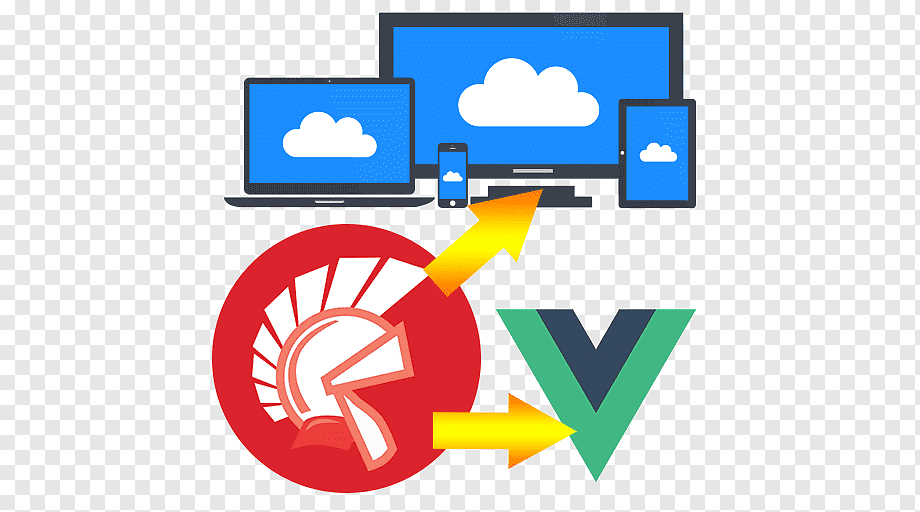Lazarus vs. Delphi: Choosing the Right Development Environment”
In the realm of software development, choosing the right Integrated Development Environment (IDE) is crucial for ensuring efficiency, productivity, and the successful execution of projects. Two prominent players in the IDE landscape are Lazarus and Delphi, both offering powerful tools and features for developers. In this article, we’ll delve into the comparison between Lazarus and Delphi, highlighting their strengths, weaknesses, and suitability for different development scenarios, ultimately aiding developers in making an informed decision.

Understanding Lazarus IDE
Lazarus IDE, an open-source development environment, emerged as a robust alternative to commercial solutions like Delphi. It originated from the Free Pascal Compiler project and provides a user-friendly platform primarily for Pascal and Object Pascal programming languages. Lazarus boasts cross-platform compatibility, an extensive component library, and a vibrant community of developers contributing to its ongoing development.
Exploring Delphi IDE

Delphi, developed by Embarcadero Technologies, stands as a stalwart in the IDE landscape, offering a comprehensive suite of tools for rapid application development (RAD). Delphi provides a visual development environment, extensive component library, and support for multiple programming languages, including Object Pascal and C++. It targets Windows platforms predominantly but offers limited support for cross-platform development through additional frameworks.
Feature Comparison: Lazarus vs. Delphi
- Cost: Lazarus IDE is open-source and free to use, making it an attractive option for developers and organizations with budget constraints. On the other hand, Delphi is a commercial product, requiring a paid license for access to its full range of features and support.
- Cross-Platform Development: Lazarus excels in cross-platform development, offering seamless compatibility with Windows, macOS, Linux, and more. Delphi, while primarily targeting Windows platforms, offers limited cross-platform support through additional frameworks like FireMonkey.
- Community Support: Lazarus benefits from a vibrant and active community of developers contributing to its development, providing support, and sharing knowledge through forums and online resources. Delphi also has a dedicated user base and official support channels but may lack the same level of community-driven support as Lazarus.
- Integrated Development Tools: Both Lazarus and Delphi offer integrated development tools such as visual GUI designers, debuggers, and database connectivity. While Delphi may have a more polished and extensive toolset out-of-the-box, Lazarus provides comparable functionality through community-developed extensions and plugins.
Choosing the Right IDE
The choice between Lazarus and Delphi ultimately depends on the specific requirements and preferences of developers and organizations. Consider the following factors:
- Budget: If cost is a primary concern, Lazarus provides a cost-effective solution with its open-source nature.
- Platform Requirements: For projects targeting multiple platforms or requiring extensive cross-platform support, Lazarus may be the preferred choice.
- Development Community: Evaluate the availability of community support and resources for both Lazarus and Delphi, as this can significantly impact the development experience and troubleshooting process.
Read about also: Cross-Platform Development with Lazarus IDE.
Conclusion
Lazarus and Delphi represent two compelling options for developers seeking powerful IDEs for software development projects. While Lazarus excels in cross-platform compatibility and cost-effectiveness, Delphi offers a polished and feature-rich development environment with extensive support for Windows platforms. By carefully evaluating the features, support, and suitability of each IDE for specific projects, developers can make an informed decision that aligns with their goals and objectives.







